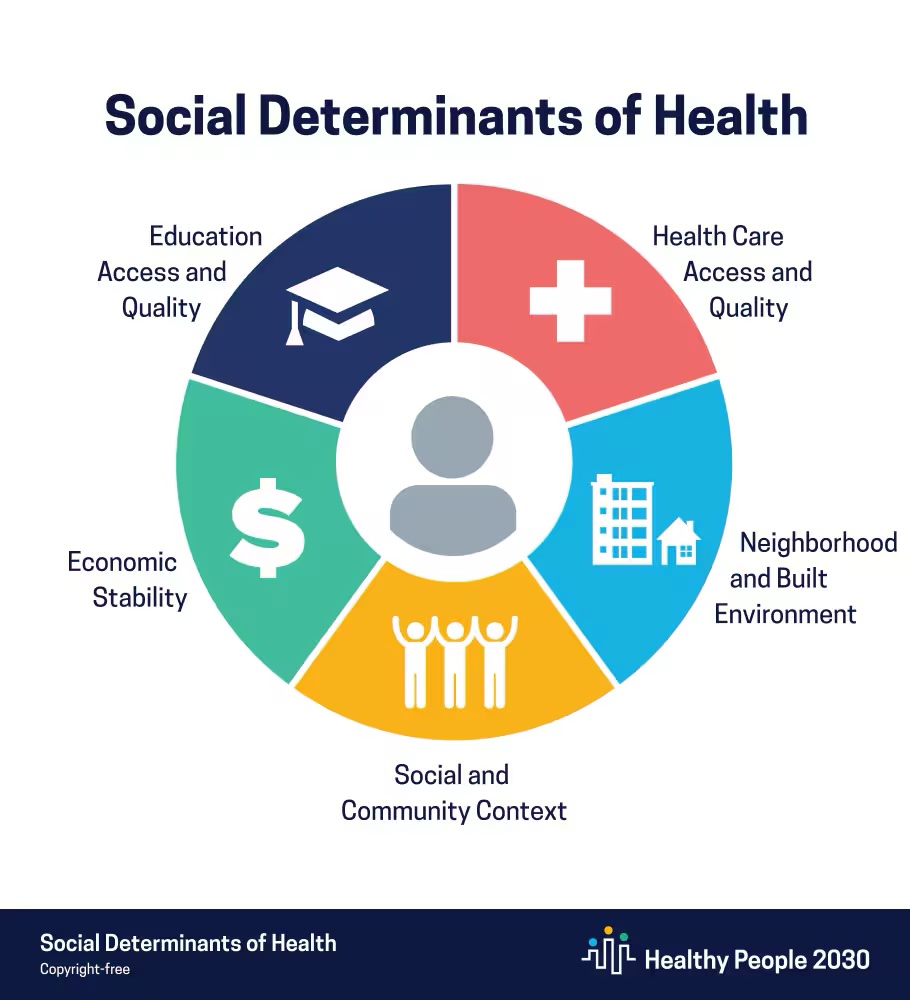What Question are you Asking?
We encourage interns to look at nutrition topics and pose questions through a whole systems lens.For example: Are GMOs harmful? The answer likely depends on what question you are asking. Are they safe for human consumption? Are they harmful to the environment? Do they support sustainable food practices? Are they beneficial for increasing food access and addressing health inequities?
The MDIG program Research Projects blog is a dedicated space for interns to take a deep dive into nutrition topics and consider how they relate to the food system. Interns highlight their research and professional project highlights here after critically analyzing the topic, writing a paper, and presenting their work.

Bridging the Gap: Dietetic Internship Preceptors' Knowledge and Adoption of Weight-Inclusive Care
By Claire Knutson
Weight is not a behavior, and by treating it like one,healthcare professionalsmay be harming patients. Weight-centric approaches,which encourage interventions to reduce body weight and size,have long dominated healthcare professions, including dietetics, butrecentlyevidence questionsthe effectiveness of intentional weight lossin improvingpatienthealth outcomes.Weight-inclusive care approaches, includingHealth at Every Size (HAES)TMandIntuitive Eating, have begun to shiftcare towards afocus on health behaviors, rather than weight.This researchinvestigateddietetic internshippreceptors' preparednessto challengeweight-centric approachesand adoptweight-inclusivecare. Read More.

Preceptor Perspectives on Bolus Feeding Education: How Internship Experiences Shaped Current Teaching Practices
By Austin Hua & Page Smith
Did you know that 437,882 Americans received tube feeding in 2013, yet many lacked adequate training to administer feedings at home? Registered Dietitian Nutritionists (RDNs) often feel underprepared to educate patients on tube feeding techniques due to gaps in their own training.Read More.

What if Food Could be Medicine - and Restore Cultural Lifeways?
By Kaylah Kilby
What if food could do more than nourish our bodies - what if it could restore culture, heal communities, and reclaim food sovereignty? For the Wabanaki Tribes of Maine, returning to ancestral foodways offers exactly that. After centuries of colonial disruption, loss of land, and forced dietary changes, reviving traditional foodways is emerging as a path toward health and cultural survival. Read More.

Science and Social Impact: How the Social Determinants of Health Impact Implementation of The Ketogenic Diet for Epilepsy
By Chloe Chavers & Ashlyn Taber
Over 450,000 children in the U.S. have an epilepsy diagnosis, making it one of the most common neurological disorders in the world.1 Extensive evidence suggests that the ketogenic diet reduces the frequency and severity of seizures in this pediatrics, and families face challenges when implementing ketogenic diets with children.2,3,4 Our research takes these known correlations one step further by defining common barriers to long-term diet adherence and also connecting each challenge to the social determinants of health – education access and quality, economic stability, healthcare access and quality, social and community context, and neighborhood and built environment. Read More.

Are the Dietary Guidelines for Americans (DGA) Too Political?
By Lauren Black
Critics of The Dietary Guidelines for Americans (DGA) argue that political agendas and food industry lobbyists have influenced national nutrition recommendations. Since 1980, the DGA have been updated every 5 years by the United States Department of Agriculture (USDA) and the Health and Human Services Department (HHS) to inform federal nutrition policy, nutrition education programs, and guide health promotion initiatives.1,2 In recent years, concern for political and food industry influence has increased.1,2This study addressed controversial issues within the development process of the DGA such as conflicts of interest, transparency, and industry influence. Read More.

Cancer Prevention Through Nutrition
By Jessica Venhuizen
My name is Jessica Venhuizen and I am currently a Montana State Dietetic Intern. Disease prevention through nutrition is one of my passions in the nutrition field, especially the topic of cancer prevention. A well-balanced diet and regular physical activity can be key for prevention and treatment of many chronic diseases, including cancer. Read More.

Putting Health Back into Healthcare
By Erica Yeh
All over the world, we visit the hospital or clinics seeking health protection, advice, and treatment. We expect that the health care sector be accessible to us. But what is the impact of the health care sector on the environment around us? Read More.

Monoculture’s Effect on Bees
By Abby Bassier
Bees are dying at an alarming rate. According to the Bee Informed Partnership 40% of honeybeecolonies died in the 2019 winter. This survey reflected responses from 4,700 beekeepers of about 320,000 colonies. Colony Collapse Disorder is the broad term used to explain these deaths.Colony Collapse Disorder has three main causes: illness, pesticides, and monoculture. Thesecauses are interconnected and monoculture is at the center. Read More.

Dietitians Dismantling Disability
By Emily Cowles
Most people with intellectual and physicaldisabilities need an interdisciplinary team to provide the best care possible. They are at high riskfor obesity, malnutrition and other comorbidities.Dietitians are essential members of theinterdisciplinary team and need to be leading the way in providing innovative nutrition solutions. Read More.
